- Learning time
- 20 minutes
- First play time
- 30 minutes
Codenames
Designed by: Vlaada Chvátil
Codenames is a great deduction/lateral thinking game that will melt your brain.
Best played with teams (there is a two-player option) in Codenames each team is a rival set of spies trying to solve their assigned ‘cases’ before the other team does. That’s the theme of the game anyway – but what makes Codenames special is the gameplay.
A bunch of 25 cards with single words on them (for instance mountain, china, teeth, bag, table) are laid out in a 5×5 grid before the players. Each team designates a spy master, and the spy masters are the only ones who know which word ‘belongs’ to which team: that is, their job is to get their team to pick certain words and avoid other ones. On a given turn, the spy master gets to say one word of their own (that does not feature on the grid) and a number, which is how many cards they think are associated with the clue they are giving. Returning to our example above, the spymaster might say “Tea, 2” hoping their team will guess bag (teabag) and china (“all the tea in china”). The team can discuss before deciding which cards to guess – and they guess them one at a time. But the team might assume that table is the most likely word, as that’s what they eat their tea off – and then you have a wrong guess.
Wrong guesses are bad because A. they end your turn immediately and B. they may reveal one of the other team’s words, in which case you’re helping out your opponents! Other cards are revealed as Bystanders (your turn merely ends) but nestled amongst all the cards is one that is the assassin: reveal this card, and you lose the whole game.
It’s a game of few rules but the fun – for those who like their fun like this – is in the intuitive, lateral thinking, and almost inevitable mis-understandings or mis-assignments of one word to another. If guessing is hard, being the spy master is harder still, trying to think of links between several of your team’s words that don’t link to your opponents. Players can also use a timer to put pressure on each other and force errors!
Joe says
Codenames really works across the whole spectrum, from casual after-dinner party players to games night regulars. But you do have to like words, and be good at creating, and spotting, links between them. As a keen cryptic crossword fan, I love being the spymaster, and trying to find just the right bon-mot to connect two, three or even four seemingly unrelated words. And then praying my field operatives have the wherewithal to grasp the hint and run with it. A classic in the making.
The guru's verdict
-
Take That!
Take That!
None, though if the players are happy with it teams can indulge in 'coffee-housing' and trying to bamboozle each other with suggestions.
-
Fidget Factor!
Fidget Factor!
Though the complexity rating is one, the games mechanic is lateral thought, and often relies on an adult level of cultural knowledge to fuel it. Some children younger than 14 might play it and love it - but how much they're really engaged depends on the Spymaster's clues.
-
Brain Burn!
Brain Burn!
Moderate for the spies - heavy for the spymaster, especially if the timer is ticking!
-
Again Again!
Again Again!
Simple to play and doesn't outstay its welcome, Codenames is imminently re-playable.

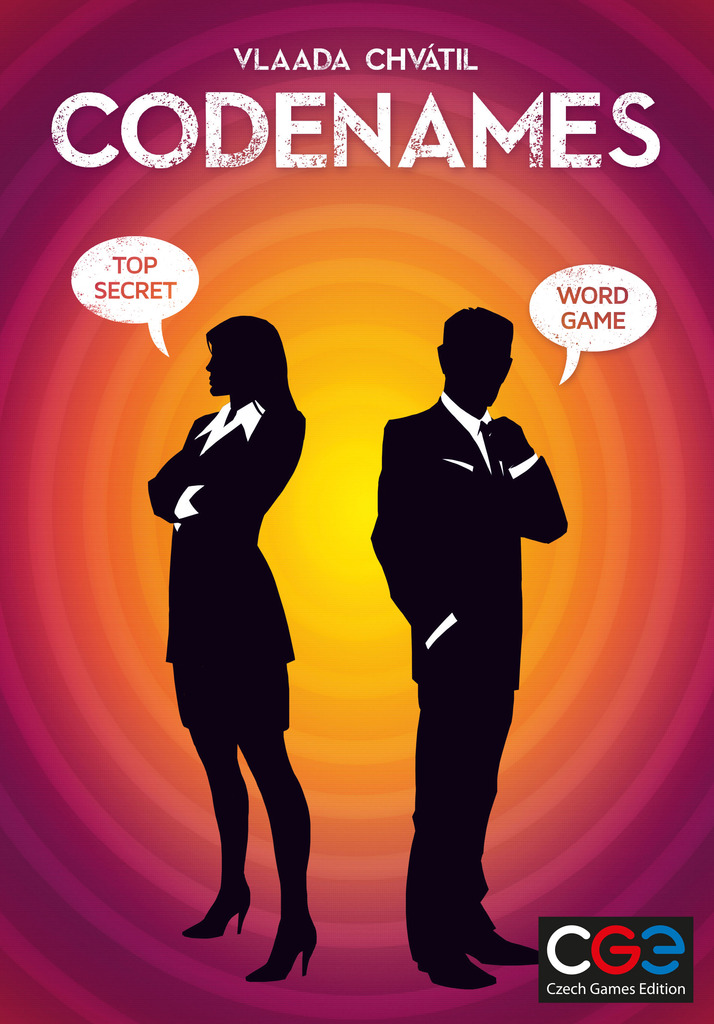
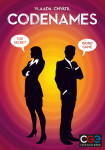
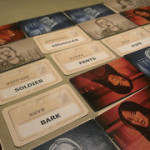

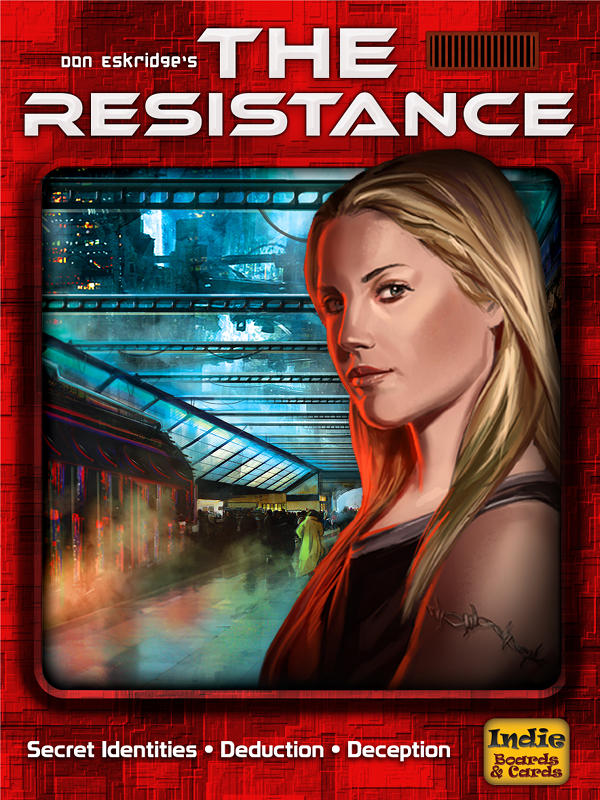
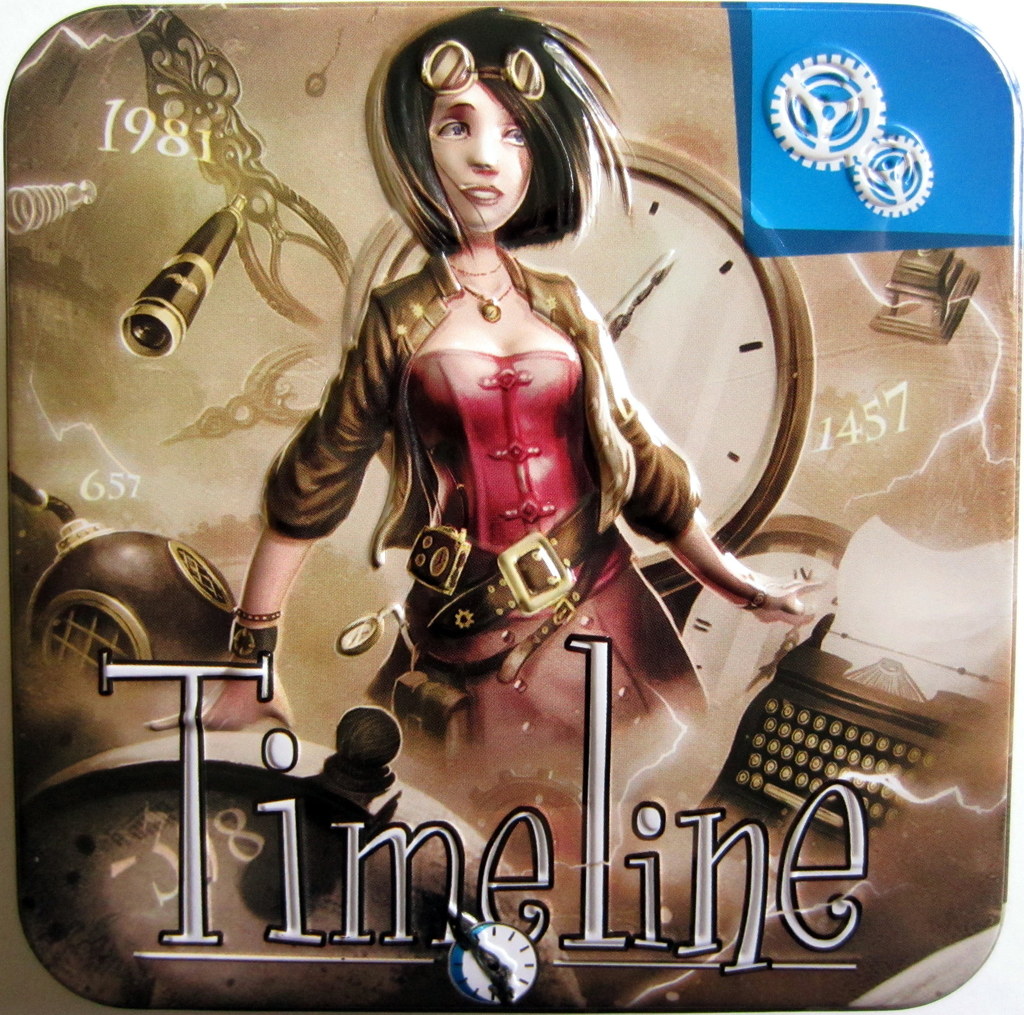
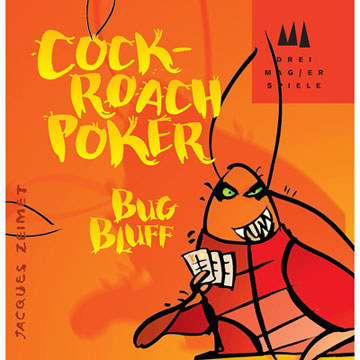
Sam says
In my regular gang of gamers most of us love this, but one utterly despises it. It probably is something of a 'Marmite' game in that sense: very different to many games out there and closer to informal, word-of-mouth party games that don't usually come in a box but can be played with pen and paper. In fact you could mock up Codenames if you wanted, but the fact it comes with so many cards, giving such variation - not to mention the grid cards for the spymasters and the team 'reveal' cards - mean it's pretty good value. An inexpensive game that provides a lot of fun in a short length of time - if you like your fun to be the furrowed-brow variety!